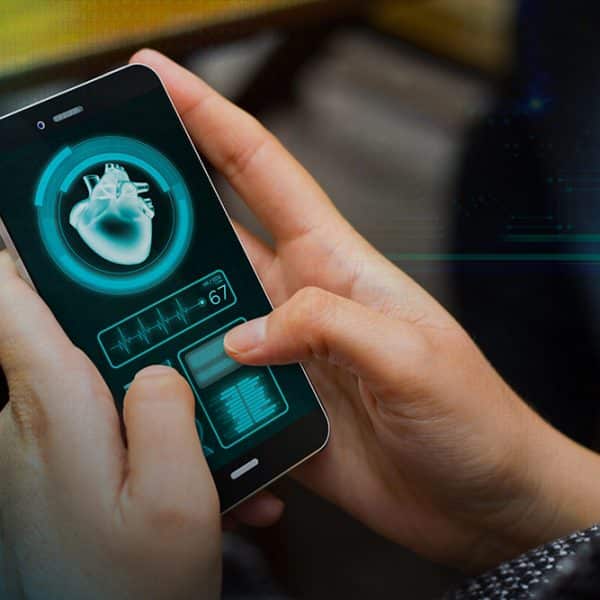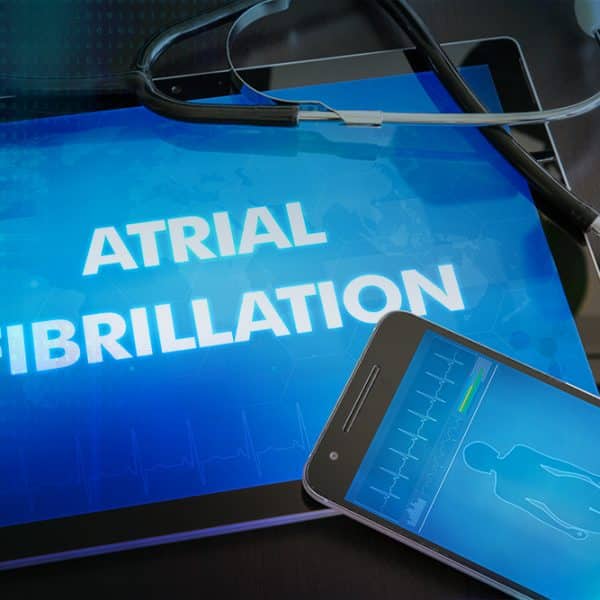Increase in Health Wellness Apps Raises Privacy Concerns
The “connected health model” offers flexible and efficient healthcare services by using connected technology to link communication, access and diagnostic capabilities. In fact, there has been an explosion in the number of mobile apps for health-related information with over 300,000 healthcare apps now available online and growing almost daily. “In a nutshell, there is a mad dash to address the demand of providing more real time health data. In response to this innovation, the question then becomes whether healthcare providers can tap into the available technology of “connectivity” and still protect health and personally identifiable information,” according to the report, Workplace Privacy Data management and Security Report.



